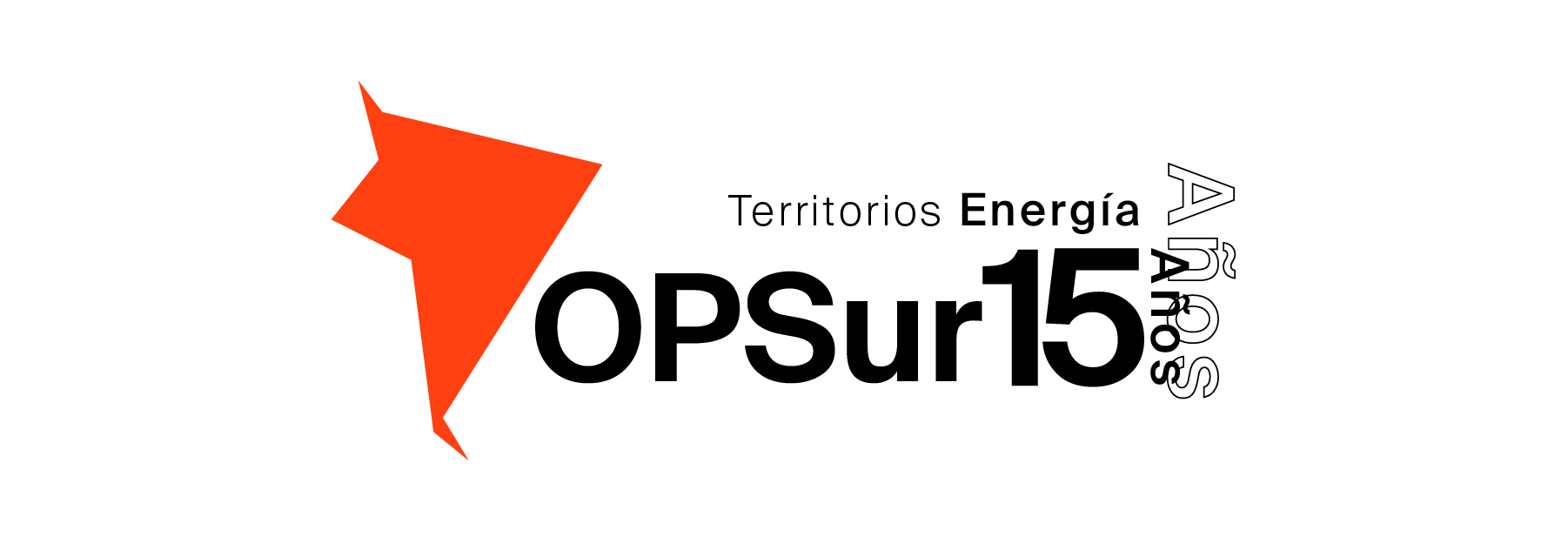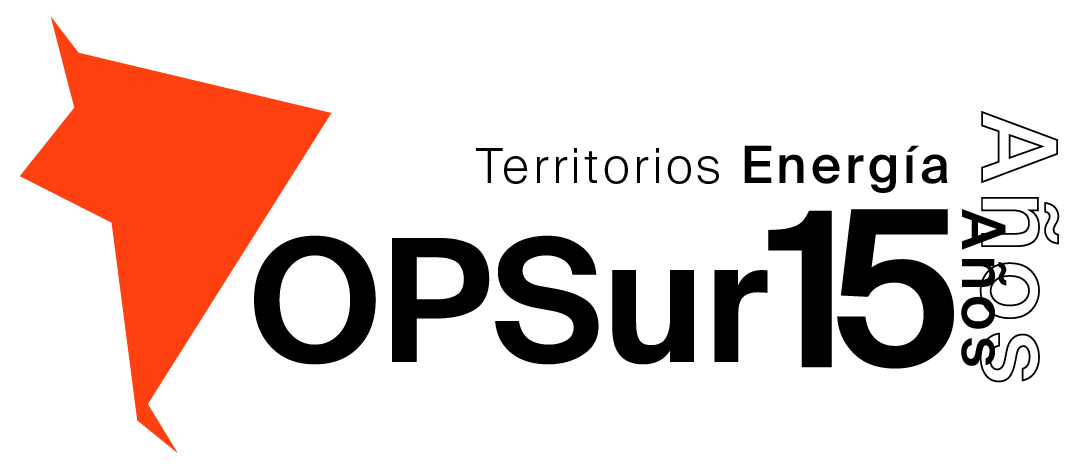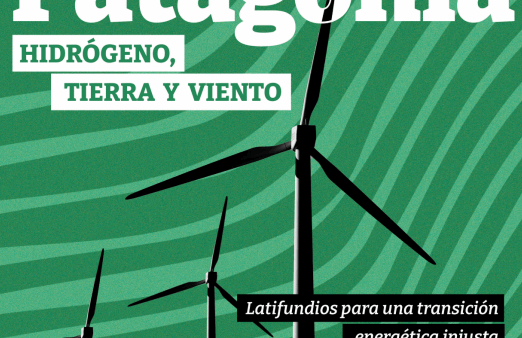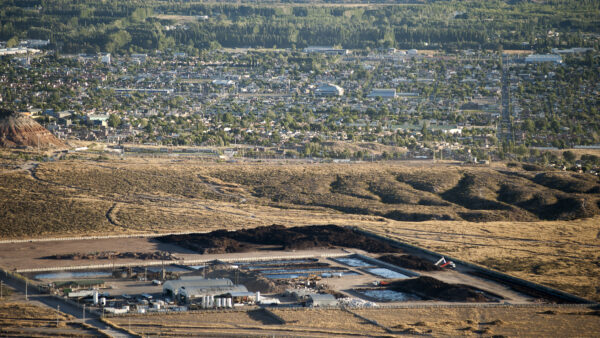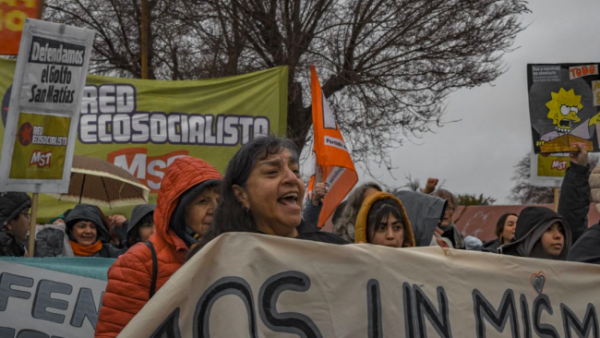In the face of advancing offshore projects, the news that Equinor cancelled the seismic exploration vessel contract was welcomed by coastal communities and socio-environmental organizations. The response from the fossil sector has been to close ranks against the potential start of exploration activities in the ultra-deep waters of the Northern Argentine Basin.

By Víctor Quilaqueo.- Taking as a reference the first notice given by Greenpeace about the arrival of the exploration vessel BGP Prospector, contracted by Equinor, we can see that the ship’s voyage has not been in the calm and promising waters that the sector expected to find. In fact, almost at the same time as the vessel began its voyage, the federal judge of Mar del Plata, Santiago Martín, ratified the precautionary measure that postpones the start of the seismic exploration proposed by Equinor, YPF and Shell in blocks CAN 100, 108 and 114.
With the ship underway and the injunction also in place, the announcement of new public hearing processes gives a clue as to the double course of these initiatives, which, in the absence of a social license, seek to consolidate the administrative processes behind the little more than twenty tenders in waters of varying depths in the Argentinean sea. This is the agenda behind Public Hearing 01/2022 where non-binding opinions were expressed on the drilling of an exploratory well called Argerich-1, located in CAN 100.
In addition to this hearing, in recent days, a new virtual meeting was called to gather opinions on the possible start of 3D exploration activities in the same North Argentina Basin, in the CAN 102 block, some 270 km from the coast.
The coastal communities, aware of the momentum and the national and international manoeuvres, are maintaining a vigorous mobilization. At the gates of the Federal Court of Appeals, the Mar del Plata Assembly for an Oil-Free Sea has been setting up a publicity table for weeks, and despite pressure, the days are multiplying. The actions on the coast of Buenos Aires, as well as those carried out in defence of the San Matías Gulf in Río Negro, and countless face-to-face and virtual meetings and legal actions make up a scenario in which the news of the withdrawal of the ship came as a breath of fresh air.
While we see the BGP Prospector leaving for Suriname, a country seriously threatened by the advance of oil companies in the sea, in Argentina the promoters of the offshore industry are taking advantage of the visibility of the situation to add doubts and pressure to the public debate. On the one hand, they take advantage of the scenario to question the precautionary measure, describing it as uncertain and delayed, while at the same time, they say, it puts at risk the supposed generation of employment for Mar del Plata. On the other hand, and taking advantage of the withdrawal of the explorer ship, they are threatening just the same, with a possible withdrawal and cancellation of contracts.For the time being, and in view of this new delay in the start of the exploratory phase in the Northern Argentina Basin, we share the relief generated by the news, but we are aware that the Argentine continental shelf is allowing global players to consolidate strategic positions in this hydrocarbon advance. This is the case of Qatar Petroleum and ExxonMobil, two world-renowned oil companies that in September and November of this year received extensions to their deadlines to begin exploration activities in the shallow waters of the West Malvinas Basin, off the coast of Tierra del Fuego.
